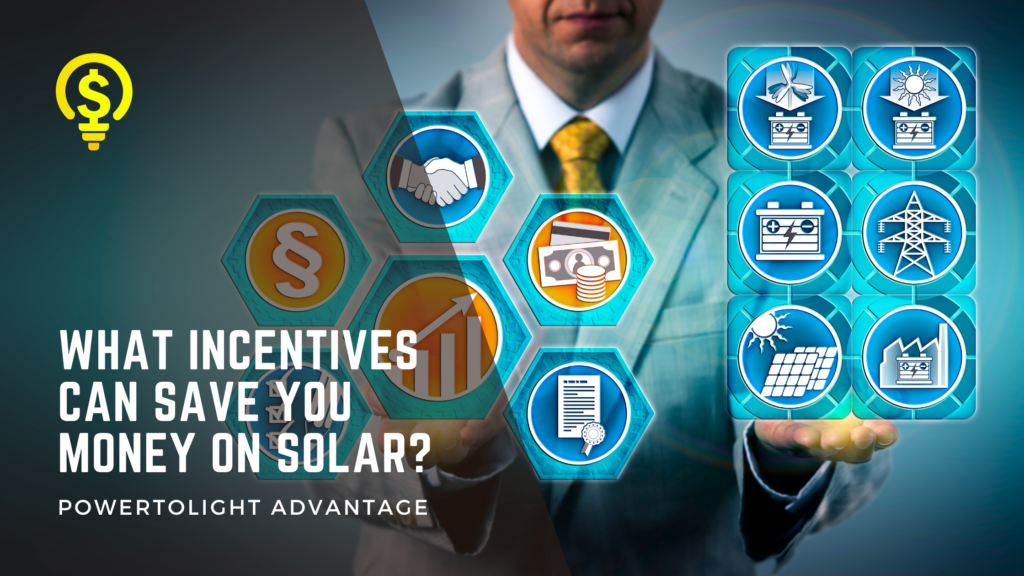
Introduction:
Adopting solar energy is not only a sustainable choice but also a financially smart one, thanks to various incentives. This article explores the government incentives, tax credits, and rebates that are available to homeowners looking to make the switch to solar.
Content:
Federal Solar Investment Tax Credit (ITC)
The most significant financial incentive for solar is the Federal Solar Investment Tax Credit (ITC). This tax credit allows homeowners to deduct a percentage of the cost of installing a solar energy system from their federal taxes. As of my last update, the ITC offers a 26% tax credit, but it’s subject to change, so it’s important to stay updated on current rates.
State Incentives and Rebates
In addition to federal incentives, many states offer their own incentives for solar energy adoption. These can include additional tax credits, cash rebates, and solar renewable energy certificates (SRECs). SRECs are earned by producing solar energy and can be sold to utility companies, providing an additional income stream for solar panel owners.
Net Metering Programs
Many states have net metering policies, which allow homeowners to sell excess electricity generated by their solar panels back to the grid. This can significantly reduce their utility bills or even earn them extra money.
Local Incentives and Utility Rebates
Some local governments and utilities also offer incentives to encourage solar adoption. These can include additional rebates, tax exemptions, or special solar financing programs.
Performance-Based Incentives (PBIs)
Certain states offer PBIs, where the homeowner is paid based on the amount of electricity their solar panels produce. This is over and above the savings on electricity bills.
PACE Financing
Property Assessed Clean Energy (PACE) financing allows homeowners to finance their solar panel installation and pay it back through their property tax bill. This can be a convenient way to finance solar without a large upfront cost.
Solar Renewable Energy Credits (SRECs)
In states with a Renewable Portfolio Standard, homeowners can earn SRECs for the electricity their system generates. SRECs can be sold on a market to utilities, generating additional income for the homeowner.
Solar Leases and Power Purchase Agreements (PPAs)
For those who want to avoid upfront costs, solar leases and PPAs are an option. While they don’t provide the same financial benefits as owning a system, they offer a no-cost or low-cost way to access solar energy.
Conclusion:
The range of financial incentives available for solar energy adoption makes it an increasingly affordable option for homeowners. These incentives not only reduce the initial investment in solar but can also provide ongoing financial benefits. It’s important for homeowners to research and understand the incentives available in their specific location to maximize the financial returns from their solar energy system.
